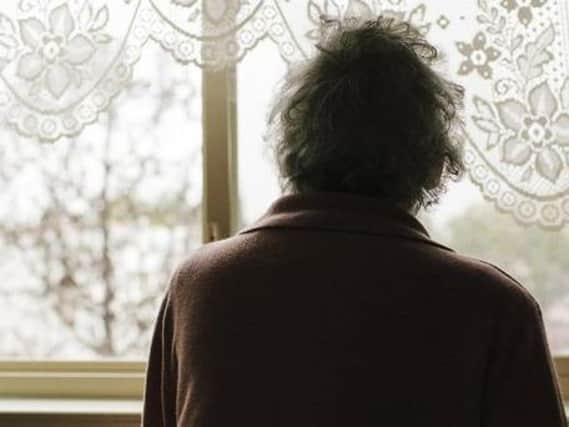Social care spending less in North than in rest of England, report from thinktank reveals


The research from IPPR North shows that disabled people in the North receive on average £21,254 per person in long term social care expenditure compared to the England average of £23,990.
The situation is worst in the North East, which sees the lowest of all spending per person in England at £18,690 per person. In Yorkshire and the Humber, spending is at £20,251 per working age person on average.
Advertisement
Hide AdAdvertisement
Hide AdThe think-tank has pointed to multiple factors including lack of sustainable funding for social care, and the disproportionate impact that austerity and local government funding has had on local authorities in regions like the North for the gap.
The Government confirmed in the Queen’s Speech that plans to improve the social care system will be “brought forward,” but as of yet no clear timeline has been given by the Department for Health and Social Care (DHSC).
The report, Time To Act, also found that disabled northerners are often missing out on the opportunity to “live a good life”.
Disabled people in the North East have the lowest happiness and life satisfaction levels, and among the highest levels of anxiety of anywhere in the country, the research shows.
Advertisement
Hide AdAdvertisement
Hide AdReport author Erica Roscoe said: “National policy in the UK has failed to protect people who need it most. For decades, disabled people across the country have found themselves disproportionately affected by multiple inequalities including our undervalued and under resourced social care system, and our alarming regional divides.
“Now, during the pandemic those injustices are deepening. This is bad news for everyone, whether disabled people or not.
“If policymakers are to succeed in building back better – and avoid a return to the status quo of widening inequalities – they must reflect on how and why people with a disability have been failed.”
Ann Ruddick, 70, from Malton, is blind and relies on support from charities for ongoing support where there’s a gap in her social care needs.
Advertisement
Hide AdAdvertisement
Hide AdShe said: “It’s an absolute postcode lottery as to what support you do get, because most of it is coming from the voluntary sector. There are pockets of areas in the North where people aren’t getting even the basic support they need for their sight loss.
“I ought to be shocked by this report but I wasn’t. It’s always been the case and why should it? We’re a small country and everyone living in it should have the same support.”
The Department for Health and Social Care were approached for comment.